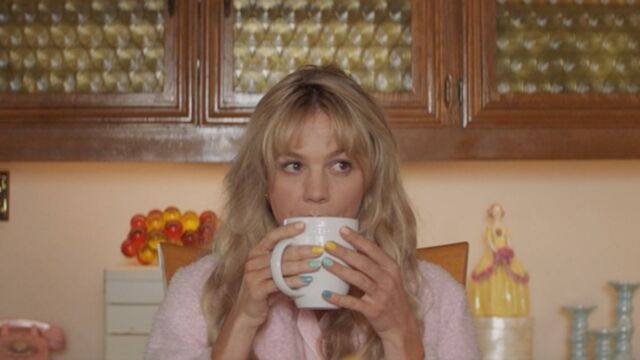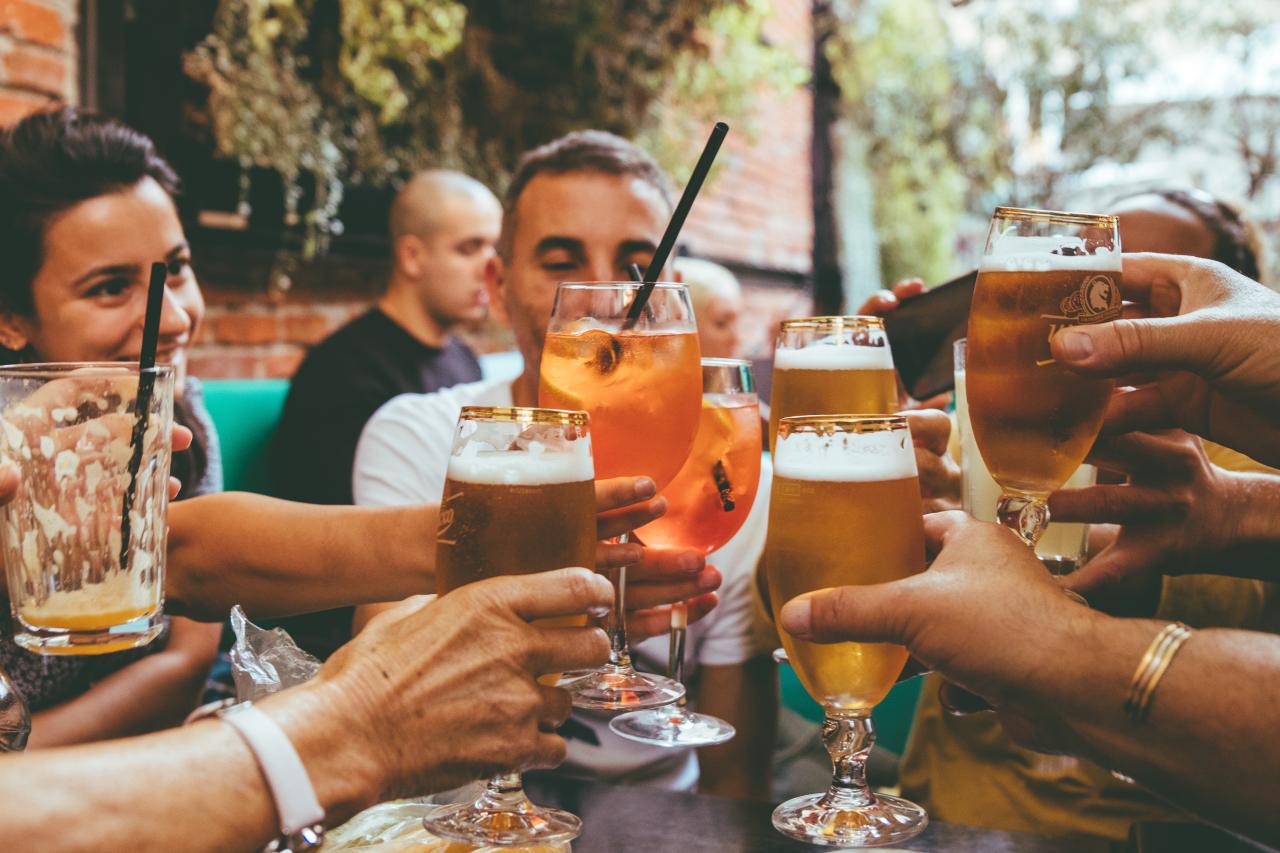The things we consume on a daily basis have a high influence on how our body functions and behaves. Staple food and drinks that can be found in almost every household can alter the way we live our lifestyle. One example is fizzy water, which may lead to hair loss or weight gain.
Discover our latest podcast
But it is not just our bodies we need to worry about. This popular drink that is consumed by millions every day can have a surprising effect on us—especially in the way we spend our money.
The effect of coffee on our wallet
So what is this staple drink that is consumed daily and burns a hole in our pockets? It's coffee.
At least that's what a series of experiments with a sample of 300 people revealed. The results of the study conducted by researchers from the University of Florida showed that drinking coffee leads to compulsive shopping. But why? Have we finally discovered why some retailers systematically offer coffee in their stores?

Beyond the promotional and comforting aspect that coffee offers when it is given for free, other variables play a role in our purchases. Indeed, we would think that coffee would increase our vigilance and therefore push us to make purchases more prudently. But no!
Dopamine, caffeine and spending
As Dipayan Biswas, a researcher at the University of South Florida, explains:
Caffeine, as a powerful stimulant, releases dopamine in the brain, which excites the mind and body. Furthermore, it leads to a higher energy state, which in turn enhances impulsivity and decreases self-control.
To demonstrate the theory, Dipayan Biswas and Patrick Hartmann, the lead authors of the study, set up an espresso machine in front of a department store in Spain and France. The first customers were offered a coffee, the others a decaf or water.
The result: those who drank the caffeinated beverage spent on average 50% more than the others. In particular, they bought more so-called 'non-essential' products. Such as scented candles, perfumes etc. Both groups, however, bought the same amount of 'essential' products.
This article was translated from Gentside FR.
Sources used:
Lematin: 'Boire du café pousse au shopping compulsif'
Sage Journals: 'Caffeine’s effects on consumer spending'















